Free trade have not been a boon to everyone, even in developed economies, according to a World Bank document. Rising wage inequality may have been one of the less friendly side effects.
World Bank president Jim Yong Kim too, explained why people in the developed economies were angry with the free trade in a recent interview: “I hear them and they are saying that my life is not better than my parents and my children’s life does not look like it’s going to be better than mine,” he told the BBC.
Kim said there was a real concern but the answer was to have “social security safety nets”. “And then you need to get serious about getting the skills you need for the jobs of the future,” he warned.
The BBC recently quoted the negative remarks in an internal memo they obtained from the Washington-based organization.
Written by World Bank economists, who maintain “trade has played a powerful role in creating jobs and contributing to rising incomes in advanced economies,” they also admitted the downside.
“Recent evidence from the US suggests that adjustment costs for those employed in sectors exposed to import competition from China are much higher than previously thought. While trade may have contributed to rising inequality in high income economies, so has technological change and the weakening of institutions that used to represent the interests of labor,” the report stated.
“Given overall efficiency gains, the dislocation effects of trade in advanced economies must be addressed through stronger safety nets and enhanced skills and flexible labor markets,” it added.


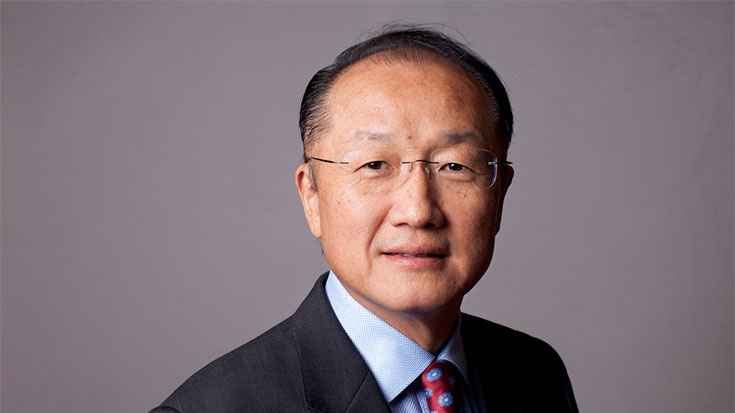
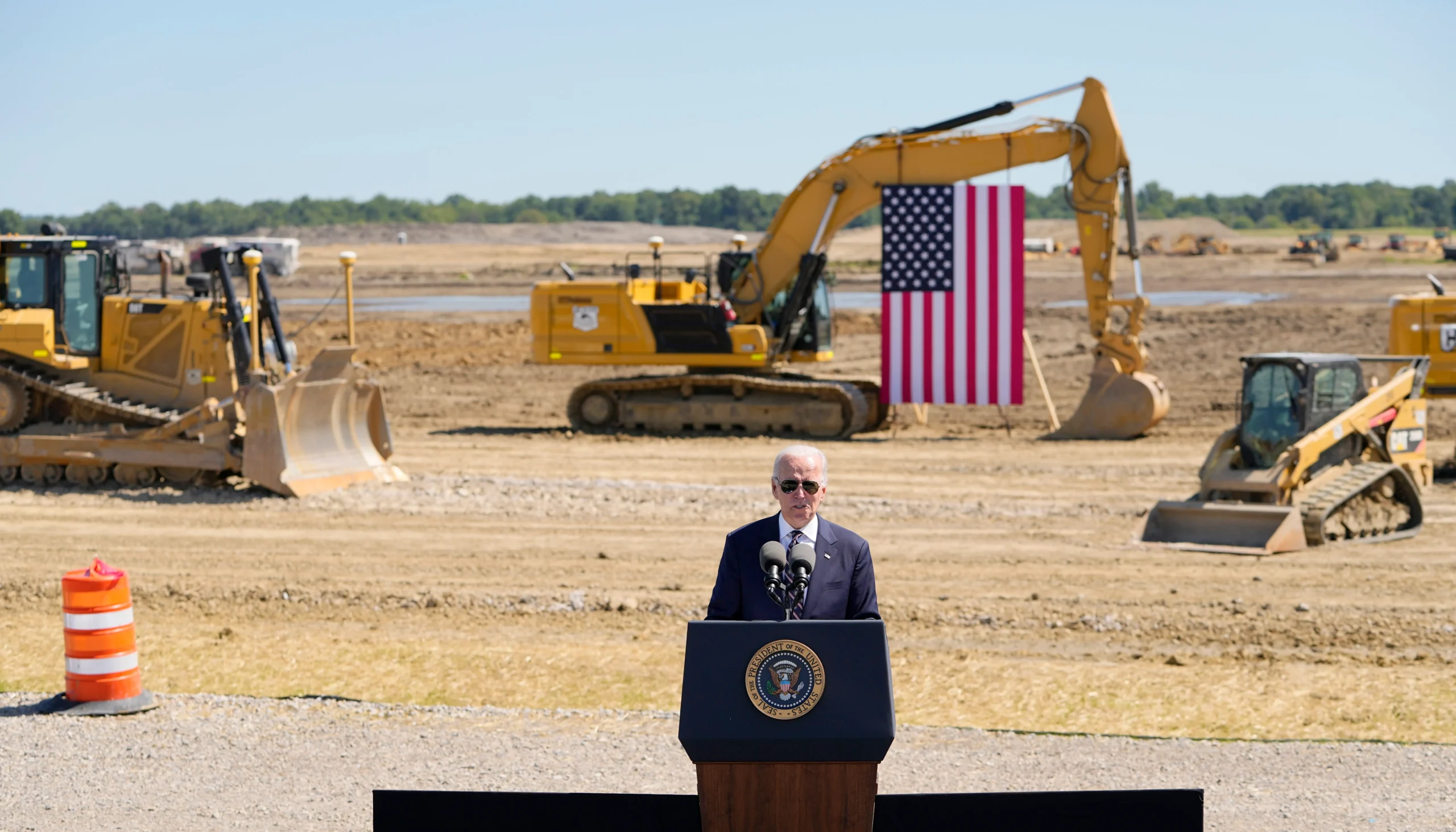





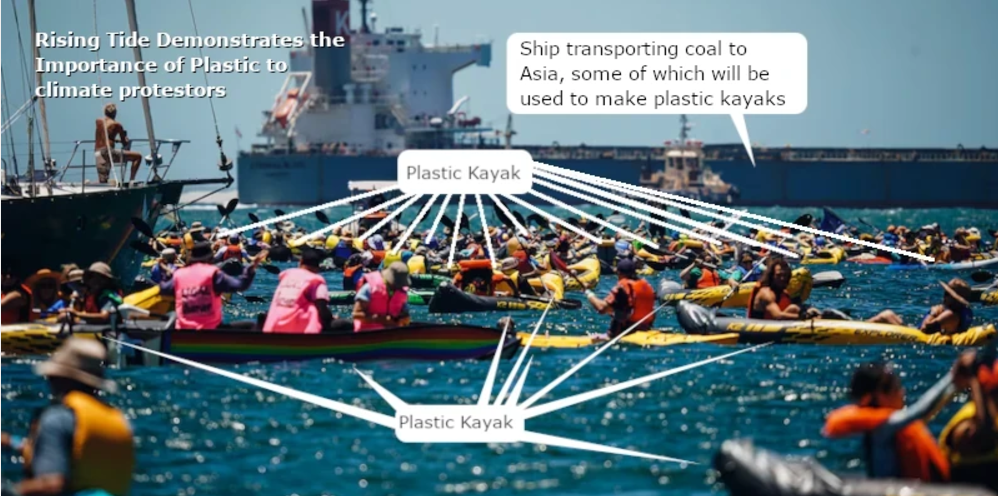
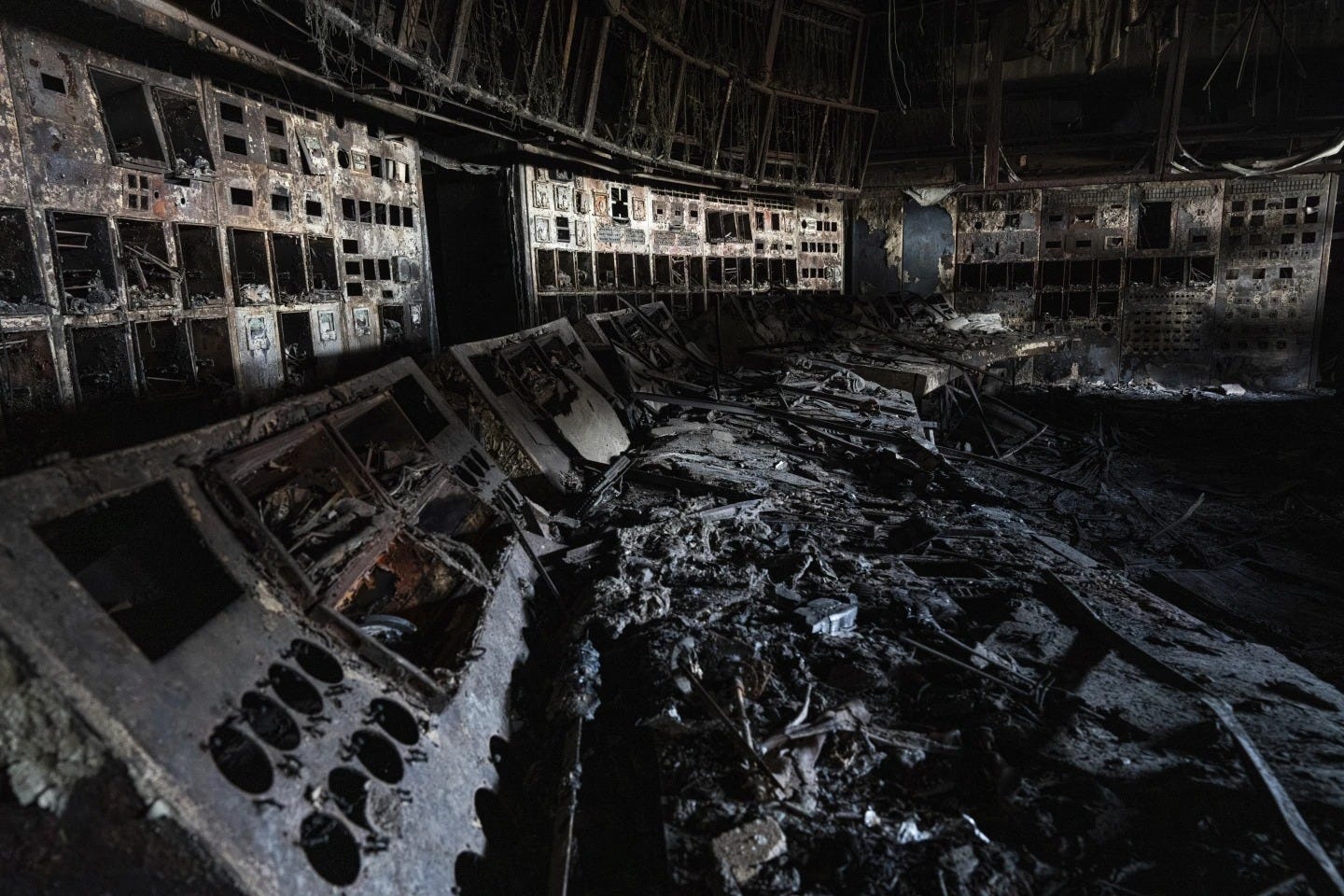
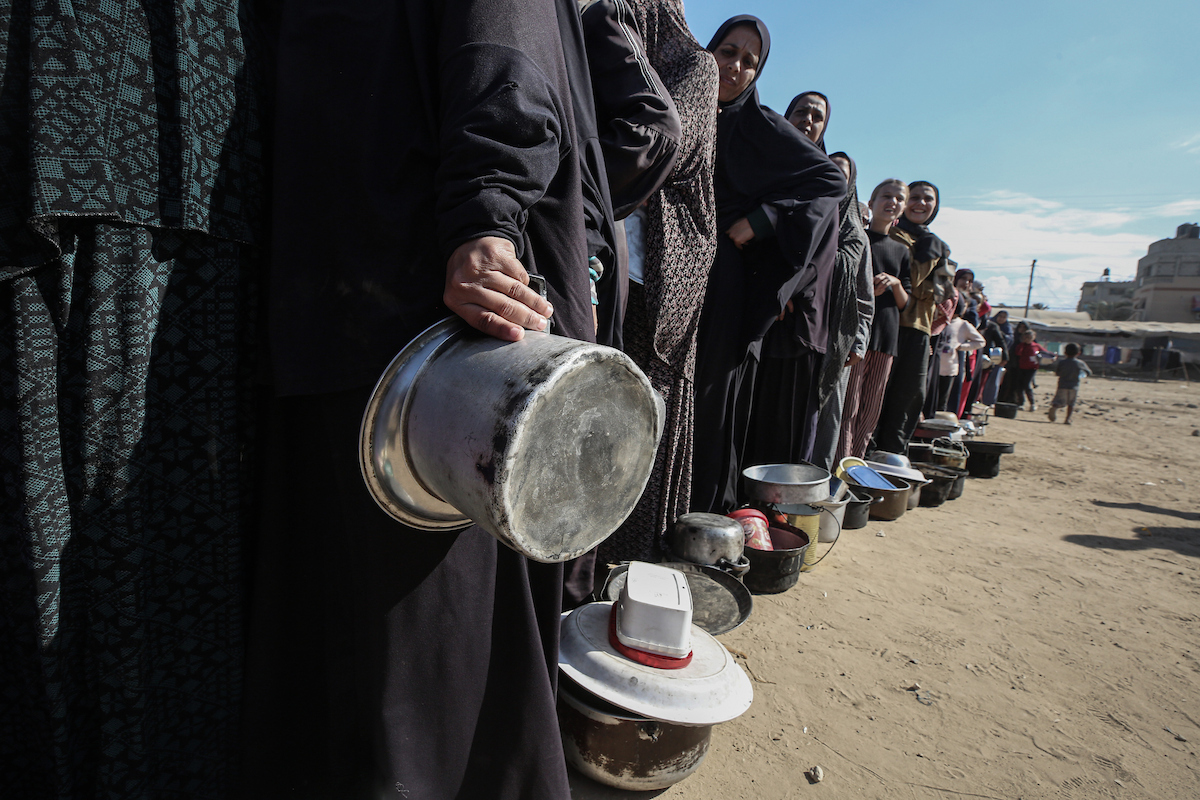
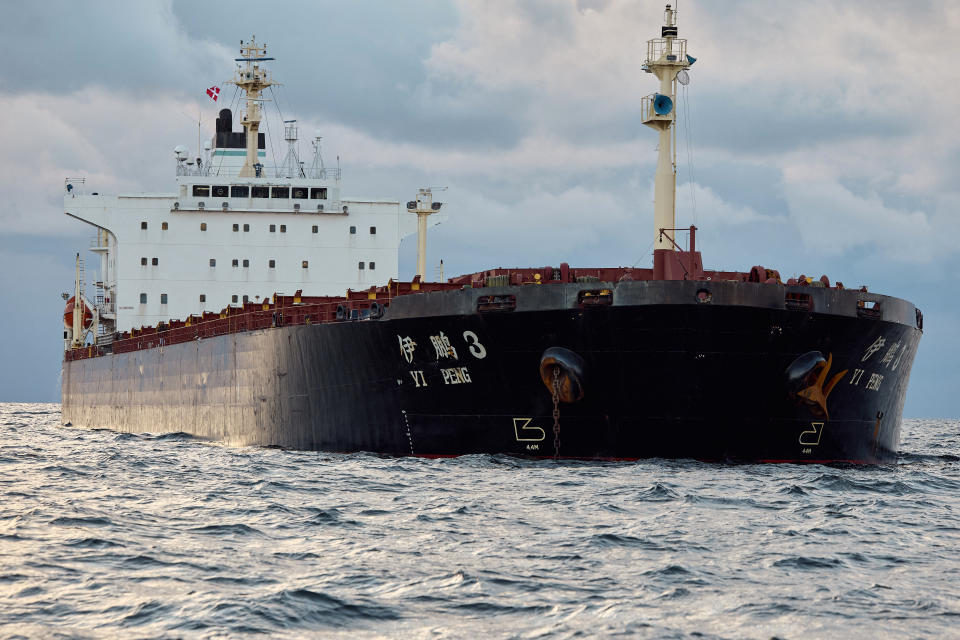
No comments.
By submitting a comment you grant Free West Media a perpetual license to reproduce your words and name/web site in attribution. Inappropriate and irrelevant comments will be removed at an admin’s discretion. Your email is used for verification purposes only, it will never be shared.